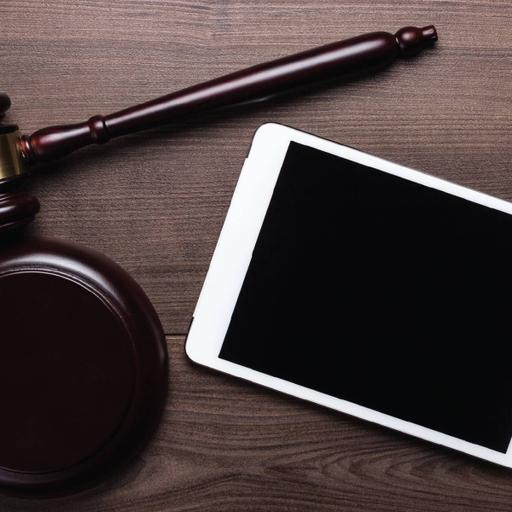Media Laws
Presentations | English
Media law regulates what are often published and broadcast. A number of the aspects that media law includes are censorship and thus the tort of defamation, also as privacy. Media law encircles a law that pertains to media of all kinds like TV, film, music, publishing, advertising, internet & new media, etc. It spreads over numerous legal fields, comprising but not restricted to corporate, finance, property, publicity and privacy. Media laws in India have an extended history and are deeply influenced by the colonial experience of the country under British rule. Early regulatory actions The Lord Wellesley Press Regulations were published in 1799, occurring in pre-censorship of the children's newspaper publishing industry. During this case, the Press Act was granted in early 1835, eradicating the repressive characteristics of the sooner law. Thereafter on June 18, 1857, the government legislated the Coking Act, which provided, among other things, a compulsory license to accumulate or operate printing presses; It empowered the government to limit the publication of any newspaper, book or other printed material, publishing or disseminating inflammatory statements or news stories against the government and undermining its authority.

10.00
Lumens
PPTX (40 Slides)
Media Laws
Presentations | English
